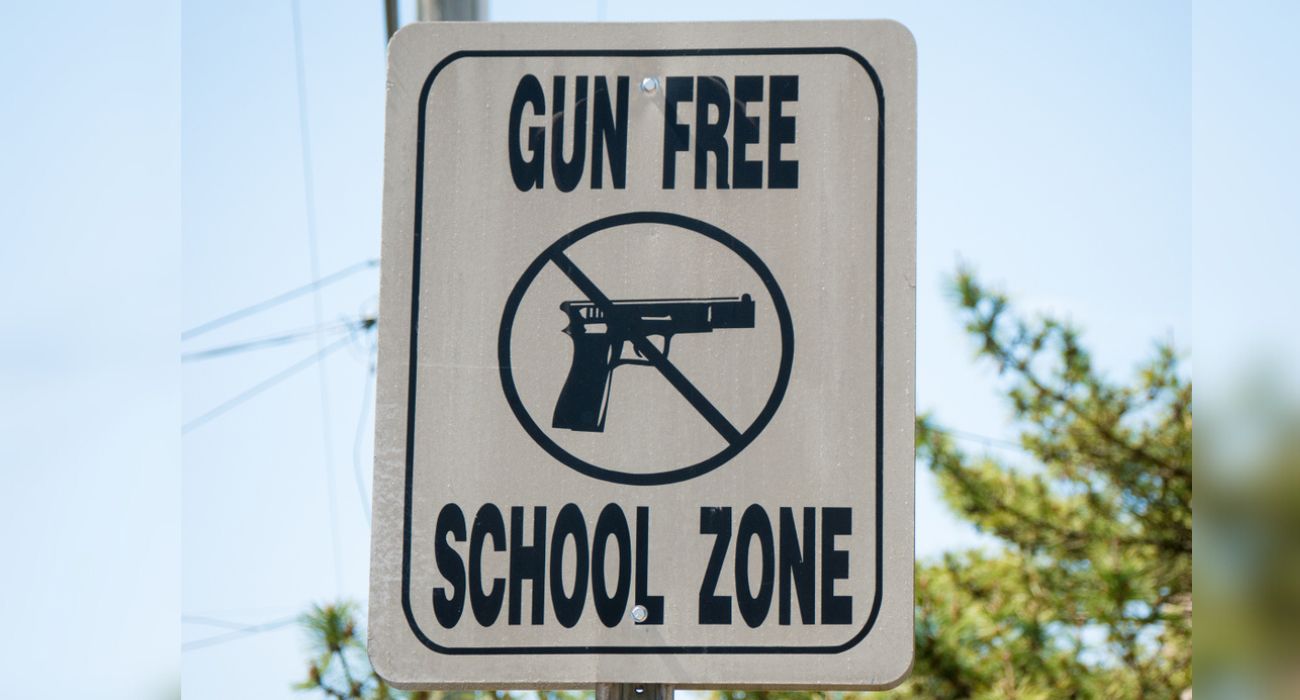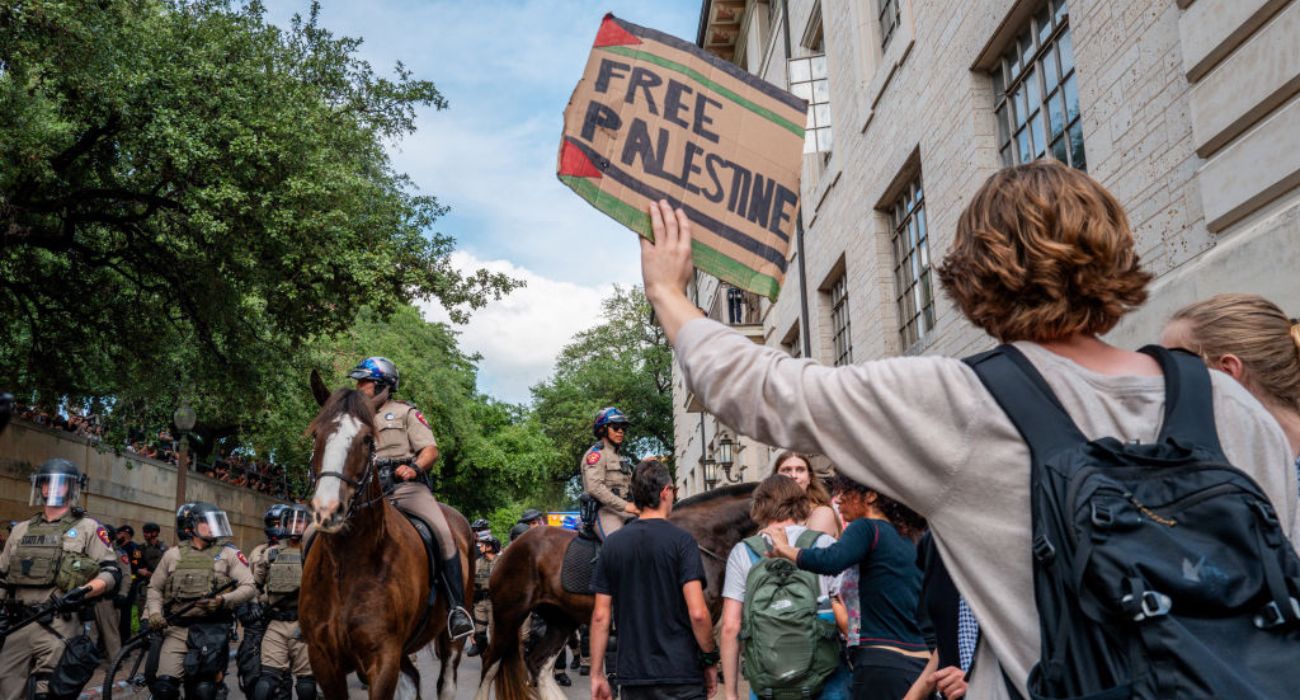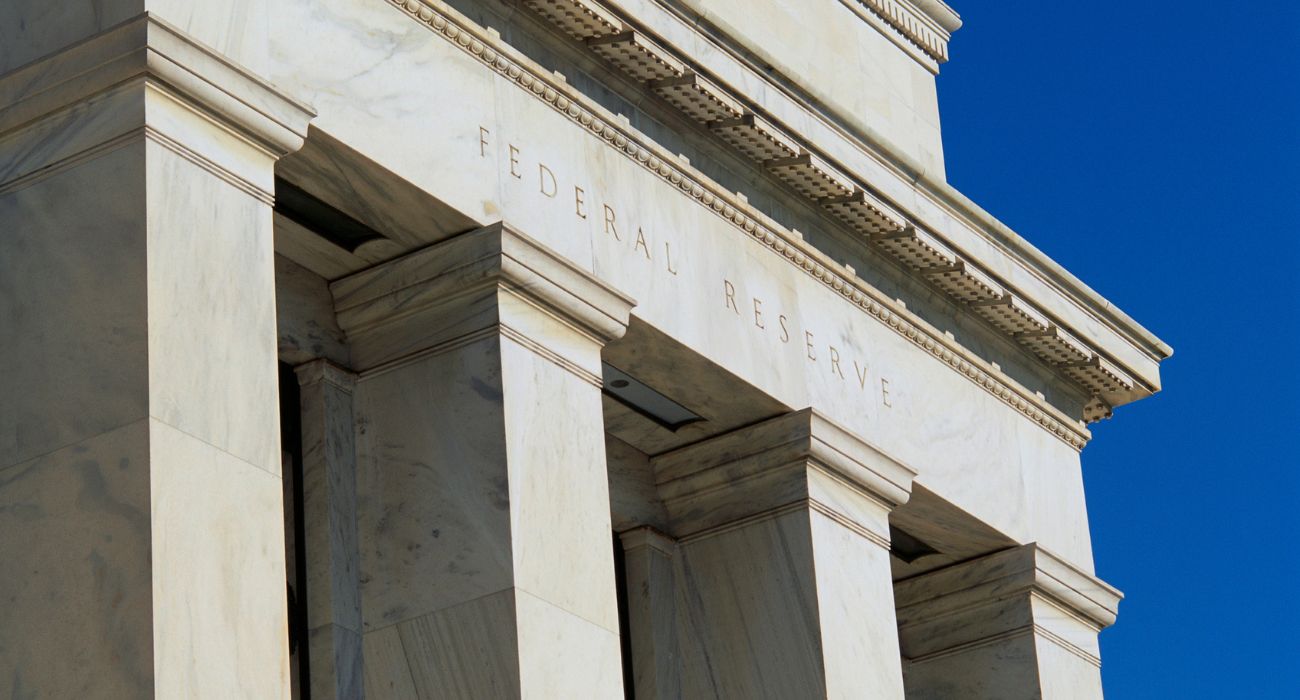“Crowded enough in here for you?”
My colleague, Ms. Gardner, grimaced as we stood elbow-to-elbow with around 60 high school students in a cramped classroom, which usually only holds half that number.
We were conducting one of our biannual lockdown drills, ensuring students know what to do in the event of an emergency on campus, such as the possibility of an active shooter. On this particular day, Ms. Gardner was taking her students to the library just as the unannounced drill began, so everyone followed protocol and ducked into my room. Several dozen teenagers were now crammed together like sardines, out of sight of the window.
This strange image is business as usual for just about any Texas school: frequent drills meant to practice safe behaviors in the event of an emergency are part of our daily lives as teachers and students.
Texas schools have long been required to prepare students for dangerous events like severe weather and fires (at least four times per year), and for good reason. Protecting the safety of students is the most important part of my job as a schoolteacher. More than working on academics, extracurriculars, or any of the dozens of hats we wear on a daily basis, teachers know the paramount importance of keeping kids safe. Parents have to trust us to return their children home safely every school day.
This is why I was so troubled reading the recently released Uvalde report from the U.S. Justice Department, which claims that “cascading failures of leadership” contributed to the loss of life during the tragedy that left nineteen children and two teachers dead. How could that have happened?
More importantly, how can we make sure it never happens again? The number of school shootings in the U.S. has been maddeningly increasing for the past twenty years. Many have occurred right here in Texas – there was even a shooting just across the street from my high school campus about two years ago.
For some, the solution is more armed officers on campus, though many schools are having a hard time hiring enough officers to fulfill the requirements of last year’s House Bill 3. For others, the solution is additional drills, regularly cramming more students into classrooms like mine. The state has even revamped its procedures for “active-shooter” drills in the aftermath of the Uvalde tragedy. In fact, students and teachers actually receive more training for mass shootings than the police themselves.
But what if an even better, more preventive solution is hiding in plain sight? Last month, just after the release of the Uvalde report, my district Tweeted a revealing statistic: “firearms are the leading cause of death for American children and teens.” For all the important training we receive on critical safety concerns like suicide prevention, drugs, and bullying, we should be doing more to address the rampant availability of our country’s greatest threat to students: guns themselves.
Last April, many of my students walked out of school in a peaceful protest against gun violence. These kids need to attend graduation rather than another funeral. I echo them in calling on Texas lawmakers to pass sensible firearm legislation that addresses the root cause of the gun violence epidemic. At the very least, this legislation should create a gun licensing system, require universal background checks, and raise the minimum age for all gun purchases to 21. There should also be no weapons of war in the homes of Texans, or worse, in the hallways of our schools.
Student safety is my first priority as a teacher. Politicians in Texas should make all our jobs easier by reducing the number of guns that get into the hands of shooters who threaten our state’s greatest treasure: our children.
So maybe next time Ms. Gardner and I get to see each other, it can be in a much happier setting. Perhaps at a happy hour celebrating our students’ successes?
Lance Barasch is a high school math teacher at the Townview School of Science and Engineering in Dallas ISD. He is a Teach Plus Texas Senior Policy Fellow.






